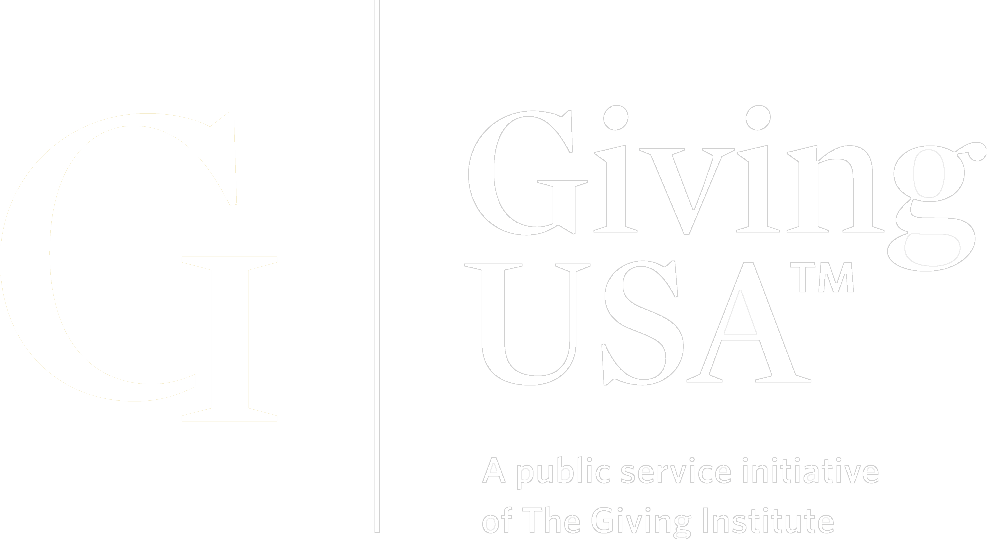
For more than 40 years, charitable giving has remained steady at about 2% of GDP. Few of us would argue that an increase in philanthropy would help in addressing the challenges our world faces today. So what can we do, as leaders in our field, to make this happen?
We can, and should, do many things to this end. But I feel one of the most important variables in improving philanthropy is education. We must educate ourselves and then others about research, trends, best practices and issues in charitable giving.
As Dr. Mesch discussed Tuesday, research and empirical evidence reveal gender is clearly a factor that affects philanthropic behavior—and should not be overlooked.
The data from a myriad of studies feels pretty clear-cut:
- women today have more than $1.5 trillion in assets and are expected to inherit that or more in the intergenerational transfer of wealth
- women are the primary breadwinners in 40% of households
- 4% of households jointly make decisions about charitable giving; 16.2% decide separately; females decide in 6.5% of households; men decide in only 3.9% of households
- Single female-headed households are more likely to give than single men, give higher amounts than men, spread giving across many organizations and are more likely to give across multiple sub-sectors (such as education, social services, health)
Then there are the more complex and seemingly abstract variables to assess:
- Pinpointing motivations like empathy or altruism versus tax benefits and recognition
- Results of giving like personal satisfaction and fulfillment
- How political and philosophical beliefs shape giving
- The impact organizational involvement like being on a Board or volunteering has on giving
- Giving spontaneously/reactively versus giving strategically
Substantial data is gathered and tracked on the sources and recipients of giving, but there is still limited data on women as a subset. Dr. Mesch and The Lilly School of Philanthropy have received a generous second round of funding ($2.1 million) from The Bill and Melinda Gates Foundation to delve further into this subject. We hope additional research will answer questions, such as what factors influence women and men to give more, give more intentionally and give more effectively.
In the meantime, development staff can modify their strategies (at little or no cost) to account for gender differences:
- Don’t make assumptions; make efforts to listen and learn about your prospects and donors
- Get rid of any preconceptions or biases you might have about prospects and donors
- Learn preferences on how couples want to be addressed and recognized; tailor appeals and communications pieces accordingly
- Extend invitations for tours and personal visits, and be sure to include female donors/prospects
- Include women in Board and other volunteer opportunities
- Include personal stories and testimonials in your appeals to help create empathy
- Provide information about the impact gifts have on those you serve
When we better understand donor motivation and the factors that influence giving, we are more effective determining which donors to solicit, how best to approach them for their support and in building lasting donor relationships. Ultimately, this will increase and improve philanthropy.
In her remarks, Dr. Mesch mentioned the March 2017 Women’s Philanthropy Institute symposium – DREAM. DARE. DO. Women, Philanthropy and Civil Society. For more information about this event as it becomes available, add your name to the symposium’s mailing list here.
Be sure to mark your calendars for two more 501 (c) Success National Speaker Series programs later this year:
June 21 — Giving USA 2016 with Dr. Patrick Rooney, Associate Dean for Academic Affairs and Research at the Lilly Family School of Philanthropy at Indiana University
For full details and to register, click here.
September 15 — Asha Curran, Director of the Center for Innovation & Social Impact with the 92nd Street Y in New York, leveraging the power of new and social media, partnerships and collaboration such as #GivingTuesday


